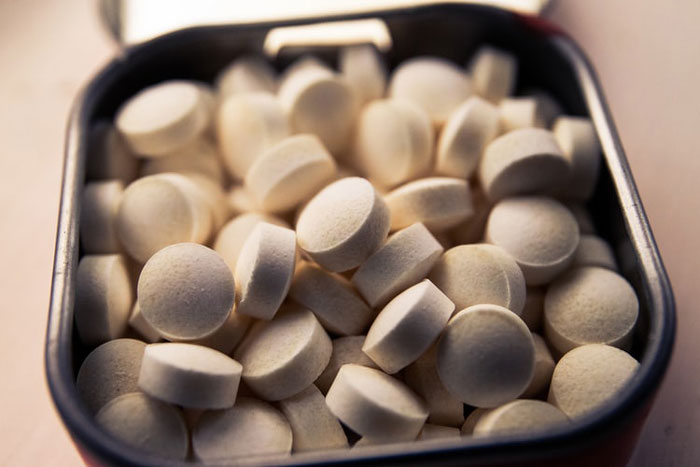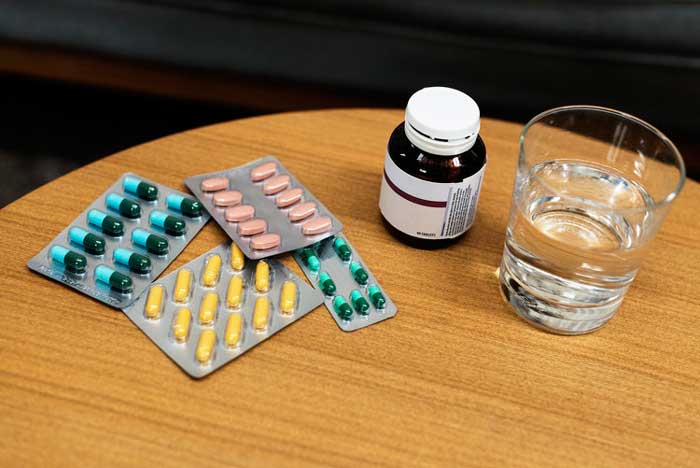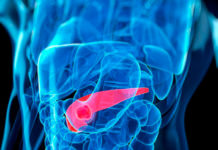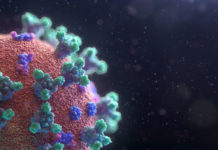There must be no single adult who has not experienced a tickling feeling in their sore throat at least once in life. Milk and honey, steam inhalation from hot boiled potatoes, various absorbable pills and sometimes even antibiotics are often used to treat a sore throat. Unfortunately, such treatment can lead to complications.
Folk remedies and alternative methods of treatment
Hot milk with honey is one of the most popular folk remedies for sore throat. In India, turmeric, cardamom, ginger and saffron are also added to the “miraculous” drink. In China, daikon juice is used instead of milk, or they just drink ginger tea. So what is right and what is wrong?
Sore throat sensations are often associated with viral infections. However, the discomfort can also be caused by bacteria: staphylococci, streptococci, chlamydia, mycoplasma and others. Just like viruses, they cause swelling and inflammation of the mucous membrane of the pharynx and tonsils, which in turn provokes the appearance of pain.
There are no traditional (folk) methods for dealing with viruses or bacteria.
Hot drinks and steam inhalations that irritate the pharynx; honey, pepper, ginger, turmeric and other spicy herbs increase the blood flow and cause edema of the mucosa, therefore they can cause increased pain. Milk is becoming an excellent breeding ground for bacteria.
Absorbable pills, lozenges etc.
It is not worth even talking about simple lollipops with mint from a supermarket– they are nothing but refreshing sweets.
Antiseptics acting on viruses and bacteria, and analgesics which have an anesthetic action are used in pharmaceuticals for sore throat (pills, pastilles, rinsing and irrigation solutions, etc.). They help to fight the infection in the place of its “settlement”, that is, in the throat.
The problem is that some microbes have the ability to quickly penetrate into the tissues and spread throughout the body.
This is primarily the extremely dangerous beta-hemolytic streptococcus of group A, which causes up to 17% of bacterial inflammation of the pharynx in adults and up to 30% in children. For the treatment of streptococcal infection, local therapy is not suitable, only antibiotics are effective, which are selected and prescribed by the doctor.
Streptococcus is important to detect as soon as possible. It can cause heart, kidney and joint damage by spreading through the body. It is associated with the development of glomerulonephritis and rheumatism, rheumatoid arthritis and endocarditis, leading to the formation of heart defects.
You can exclude the chance of streptococcus yourself, using a rapid test from a pharmacy. If the test is positive, you must immediately consult a doctor.
Antibiotics
Antibiotics affect the body as a whole. In fact, they “kill” the infection and help to cope with a sore throat, but you should not take them yourself – and there are several reasons for this.
In 70% of cases, a sore throat is the result of a viral infection. Antibiotics against viruses are powerless, and it is impossible to understand on your own what caused the disease. Even a specialist cannot deal with it immediately.
Antibiotics are not menthol candies, they have a lot of side effects. First of all, this is the formation of a stable microflora: in response to the illiterate use of an antibiotic, bacteria multiply in the body, and they are not affected by treatment. Therefore, complications arise, and they are extremely difficult to deal with.
Antibiotics can cause severe allergy, including the development of shock.
Intestinal microflora may be disturbed, and dysbiosis and antibiotic-associated diarrhea can develop against the background of antibiotic therapy.
Prescribing antibiotics, the doctor selects them depending on the type and sensitivity of the microbes that caused inflammation. He accurately calculates the dose of the drug and the course of treatment, controls the effectiveness of the treatment and, if necessary, changes the medicine.
As a matter of fact, the disappearance of the symptoms of the disease is not a reason to stop treatment. If a sore throat is caused by streptococcus, premature termination of antibiotic therapy is a direct way to complications.
The “hidden” undestroyed microbe in the body will not miss the opportunity to recover, and the consequences can be severe.
So how to really treat a sore throat?
To treat a sore throat, like any other ailment, you should be under the supervision of a doctor. If there is no high temperature, the general state of health is satisfactory, the sore throat feels more like scratching, then perhaps the doctor will allow you to restrict yourself to local procedures: gurgling, resorption of pills or lozenges based on antiseptics and anesthetics.
In case of high temperature, poor physical condition, severe sore throat and swallowing disorder, tonsils edema and the appearance of purulent plaque on them, the treatment may be more “serious”.
In some cases (severe forms of pharyngeal inflammation can be caused not only by streptococcus, but also by other bacteria), antibiotic therapy is necessary and it should be prescribed by a doctor.
Be healthy and be treated correctly!










